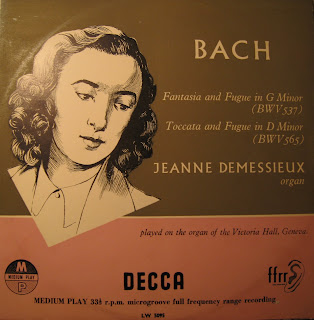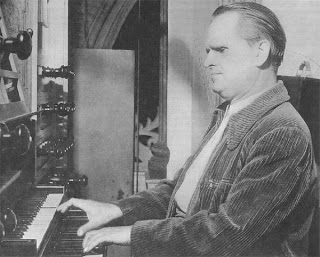Olivier Messiaen plays Olivier Messiaen part 1

Olivier Messiaen (1908-1992) Olivier Messiaen hardly needs any introduction at all. He was one of the most influential composers of the 20th century and organist at Trinité in Paris for 61 years! Here is a little excerpt from Wikipedia anyway: “Olivier Messiaen; December 10, 1908 – April 27, 1992) was a French composer, organist and ornithologist, widely regarded as one of the major composers of the 20th century. His music is rhythmically complex (he was interested in rhythms from ancient Greek and from Hindu sources); harmonically and melodically it is based on modes of limited transposition, which he abstracted from his early compositions and improvisations. Many of his compositions depict what he termed "the marvellous aspects of the faith", and drew on his deeply held Roman Catholicism. He said he perceived colours when he heard certain musical chords, particularly those built from his modes (a phenomenon known as synaesthesia); combinations of these colours, he said, wer...








